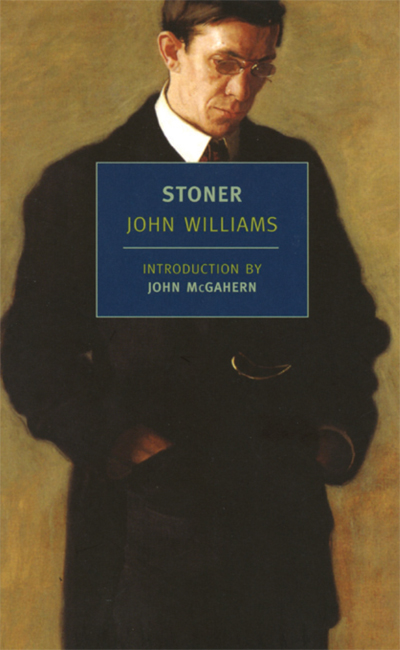An Armenian Sketchbook - Vasily Grossman
Armenia = stone and the first and last sights of this decayed stone land seem to have given the author a bit of a bathroom emergency. Grossman does an excellent job drawing parallels between the life of the people in Armenia and the traits unique to human beings. Interspersed in the chapters are lessons drawn from the landscape and applied to the human condition: "I think that a perfect theory will be understood by a schoolchild; that perfect music will mean something not only to people but also to wolves, dolphins, grass snakes, and frogs…" Here he is speaking about the perfect simplicity of the Armenian stone churches. Grossman applies the same wonder to all the events he witnesses.
Fiskadoro - Denis Johnson
This book is about memory and its relation to death and loss. The survivors of the atomic apocalypse exist, several generations later, in a still temporary society fabricated out of the last remaining bits of cultural identify from the pre quarantine times. But these people are forgetting. Fiskadoro goes through a rebirth and is named, by his clarinet teacher, a "leader." Is this because his rebirth enables him to forget all about the forgetting and only move forward? The quarantine will end, everyone knows this, but it has been three generations of living in the quarantine. Bob Marley, the savior, will return.
Cloud Atlas - David Mitchell

Nesting doll novel destroys human nature and sets "progress" and "civilization" out to pasture. The switching narratives are really well done and very entertaining. I'm not so sure about the "Old Georgie" as devil comparison as the man who caused the atomic fallout of mankind. I'm terrified of the coming corpocracy for sure, even though it is already here and has been for a very long time. I wonder what the author's understanding of Buddhist philosophy, karma, and reincarnation might be? There are several Buddhism references and, in the future when clones are processed as bad as the processed food industry, the big hope are the nuns living out in the shadow of Siddhartha. hmmmm.I bet Bill Moyers loved this one.
The Jeffersonian Transformation - Henry Adams

In this abridged version of, and thankfully I didn't have to read them all, Adams' nine volume history of the period between 1800 and 1817 there develops a narrative on the course of American character. The author portrays an early nation that is well divided in all aspects from wealth, politics, art, literature, and religion. This era represents the schisms of character between New England and the South, for example. Adams' America at 1817 is just starting to show its promise and upward slope. There have now been authors, pastors, artists, and politicians to show that the American sensibility is decidedly different from any European model. Americans of 1817 are defined by their intelligence, quickness, and scientific minds…and oh yeah: their accumulation of wealth. The Nation held together and was quickly coming up with heroes to fill the needed divisions.
Shambhala: The Sacred Path of the Warrior - Chogyam Trungpa
I'm glad I finally read this. I know that it is an important work in the development of Buddhism in the West. There is still a part of me that resists the Chogyam Trungpa teachings because of his complicated life history. The path of the warrior follows a Tibetan Tantric line of development with the symbols being paired down and often replaced by ones that may be more easily grasped by a Western mind. I think he was successful in some of these and not others. Changing a fearful mind into a compassionate and brave mind is the hardest challenge in our society and the path of the warrior presents an equally forceful set of instructions to meet that challenge and be a whole human being with fully developed kindness and realized basic goodness.
Stoner - John Williams

It seems very fitting to draw closer to the end of the Year of the Book with this great novel. Stoner comes as near to perfection as anything I have ever read. The story is simple with graceful twists but the pace, voice, and sheer beauty of the language are what make this novel so fantastic. Poor Stoner, he knew so much suffering and only the briefest glimpses of love in his difficult career as a Medieval Latin Poetry professor. "He heard the silence of the winter night, and it seemed to him that he somehow felt the sounds that were absorbed by the delicate and intricately cellular being of the snow." This is a great American novel and it is sad as hell. However, the moments of love, triumph, beauty, and passion are so rich that they can never be forgotten. 10/10. 5/5. whatever.


